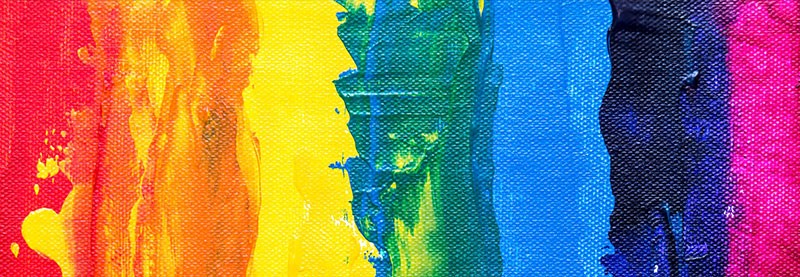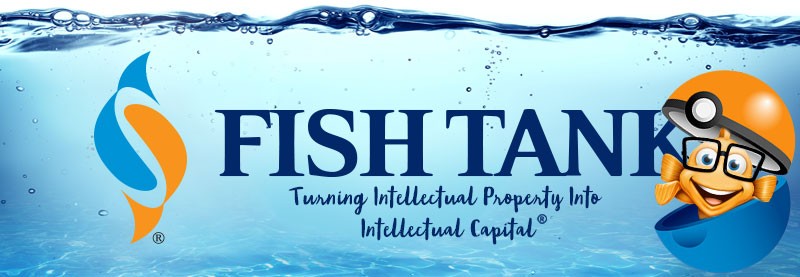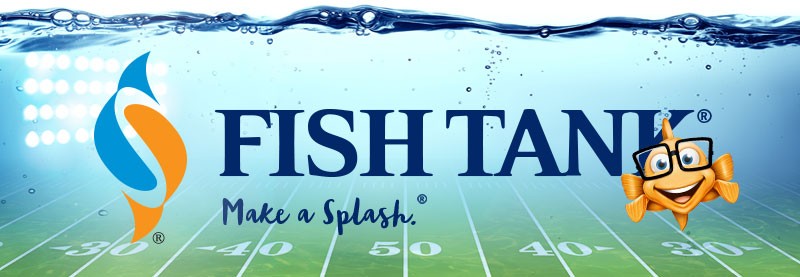Intellectual Property Insights from Fishman Stewart
Mini Article – Volume 23, Issue 11
Share on Social

Taking Pride in Innovation: LGBTQI+ Scientists and Inventors that Changed the World
By Kristyn Webb
June is Pride Month which celebrates and commemorates the struggle for civil rights and equal protection of our Lesbian, Gay, Bisexual, Transgender, Queer, and Intersex (LGBTQI+) communities. Throughout history, members of the LGBTQI+ community have played a pivotal role in advancing scientific knowledge, engineering groundbreaking inventions, and challenging societal norms. In honor of Pride Month, we are delighted to shine a spotlight on the remarkable contributions of a few LGBTQI+ inventors and scientists.
Known as the father of computer science, Alan Turing’s work during World War II on the Enigma code-breaking machine laid the foundation for modern computing. Despite facing persecution for his homosexuality, Turing’s brilliance continues to shape our digital world today.
Sally Ride became the first American woman to venture into space in 1983. As a pioneering astronaut, she contributed to numerous advancements in space exploration and education. Ride later became an advocate for LGBTQI+ rights, encouraging future generations to reach for the stars, although her sexual orientation was not publicly known during her lifetime.
A prominent neurobiologist and transgender advocate, Dr. Ben Barres made significant contributions to the understanding of the nervous system. His groundbreaking research on glial cells and their role in brain development opened new avenues for studying neurological disorders. Barres was a staunch advocate for diversity and inclusion in academia, striving to create a more equitable scientific community.
Although there has been progress in recent years toward diversity and inclusion, LGBTQI+ communities remain underrepresented in the fields of science, technology, engineering, and mathematics (STEM). Organizations, such as Out in Tech, offer networking opportunities and support for LGBTQI+ community members who work in the tech industry. Maven Youth offers mentoring and workshops for LGBTQI+ youth to network and gain skills in the tech sector. 500 Queer Scientists collects and shares stories and profiles of LGBTQI+ individuals working in STEM. These organizations are helping pave the way for the next generation of LGBTQI+ scientists and inventors, like Alan Turing, Sally Ride, and Ben Barres.
Kristyn Webb is the Group Leader of Fishman Stewart’s Copyright Practice Group, and is currently earning a Master’s Degree in Copyright Law at King’s College London.

Published June 16, 2023


Related Content from Fishman Stewart
In a recent decision, the U.S. Court of Appeal for the Eighth Circuit affirmed a jury verdict holding that the use of the "Success Kid" meme by a congressman's reelection campaign for fundraising purposes did not qualify as fair use.
In February 2024, proposed legislation was introduced in US House of Representatives which would extend copyright protection to golf courses. The bill is titled “Bolstering Intellectual Rights against Digital Infringement Enhancement Act” or the “BIRDIE Act”.
June is Pride Month, which honors the 1969 Stonewall Uprising in Manhattan and recognizes the impact that lesbian, gay, bisexual, and transgender (LGBTQ+) individuals have had on history locally, nationally, and internationally. The United States Patent and Trademark Office flies the Pride Flag and promotes the Pride community’s contributions with programming offered annually.
June is Pride Month. This year we are celebrating with some IP tips for drag performers! Drag performers can protect their intellectual property by registering the copyrights in their original works of music, choreography, and comedy sketches.
You’re rarely more than a few yards from Finny’s favorite chips, semiconductor chips to be precise. But what exactly is a semiconductor chip?
"May the 4th Be With You," also known as Star Wars Day, takes place annually on May 4th. The phrase is a pun on the iconic Star Wars catchphrase "May the Force be with you."
First, a big “thank you” to all our readers who have given feedback on our newsletter. We appreciate your interest and insights. It is always a treat to hear from you! Second, we wanted to provide you with updates on some of our most popular articles
“Palworld”— a computer game created and published by Japanese developer Pocket Pair. Released as an early access game in January 2024, it sold over seven million copies on the computer platform Steam in the first five days and had nearly 20 million players in the first two weeks.
This year’s Super Bowl featured a thrilling overtime victory for the Kansas City Chiefs over the San Francisco 49ers. With estimates as high as 123 million viewers, America's premier sporting event also serves as a grand stage for creativity and intellectual property protections that enhance the game’s success.
Valentine’s Day is just around the corner and jewelry sales are usually around $6 billion USD in the United States alone. In 2021, the US Customs and Border Protection agency seized over $1 billion USD worth of counterfeit pieces of jewelry.
IDENTIFYING, SECURING AND ADVANCING CREATIVITY®











